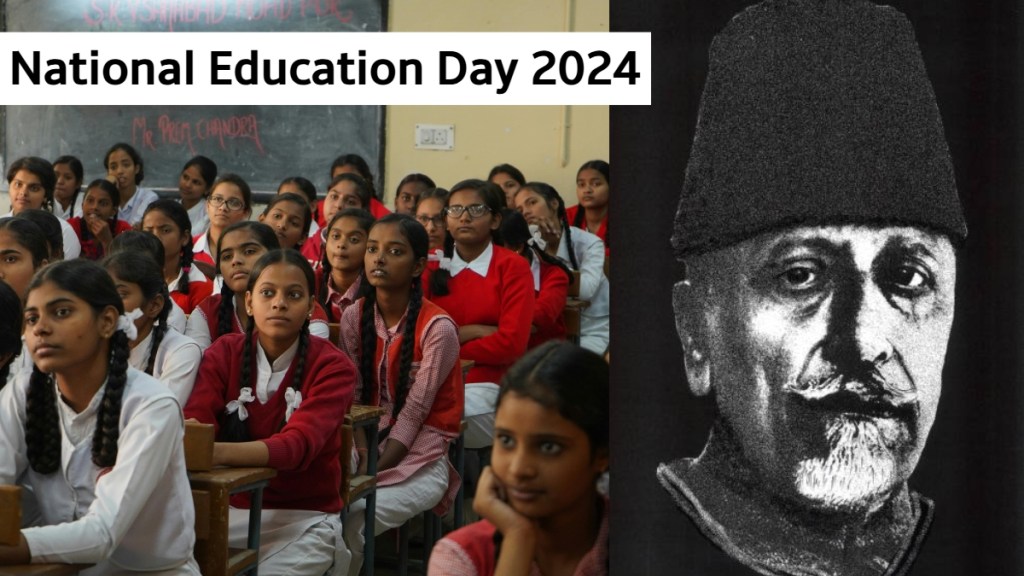Each year, India observes National Education Day in honour of Maulana Abul Kalam Azad, a respected scholar, freedom fighter and India’s first Minister of Education. Azad’s transformative vision for modern education laid the foundation for institutions like the Indian Institutes of Technology (IITs) and the University Grants Commission (UGC), which have since become pillars of India’s educational landscape.
Beyond his role in education, Azad was a prominent leader in India’s independence movement, becoming the youngest president of the Indian National Congress. His influence extended to establishing Jamia Millia Islamia in 1920 as part of the foundation committee and later ensuring its relocation to New Delhi in 1934, where the university’s main entrance now bears his name.
As Education Minister, Azad championed literacy for the rural poor and advocated for girls’ education, prioritising adult literacy and universal primary education.
He worked to make education free and compulsory for children up to age 14 and sought to diversify secondary education with an emphasis on vocational training.
Maulana Abul Kalam Azad’s legacy as a visionary leader continues to shape India’s educational and social progress, embodying his aspirations for a unified, educated, and secular India.

